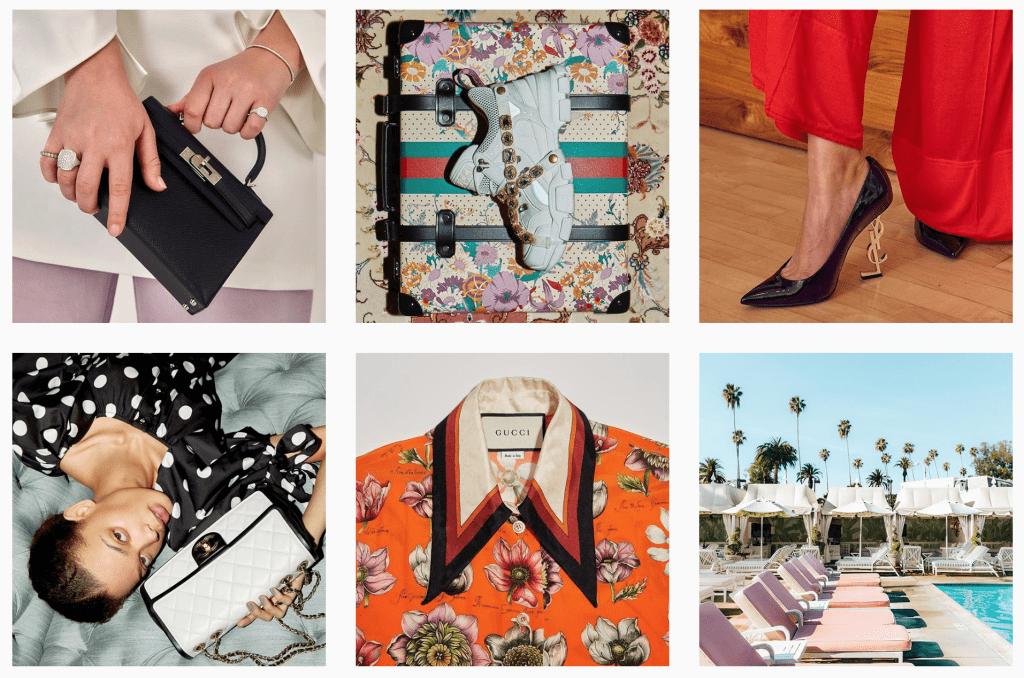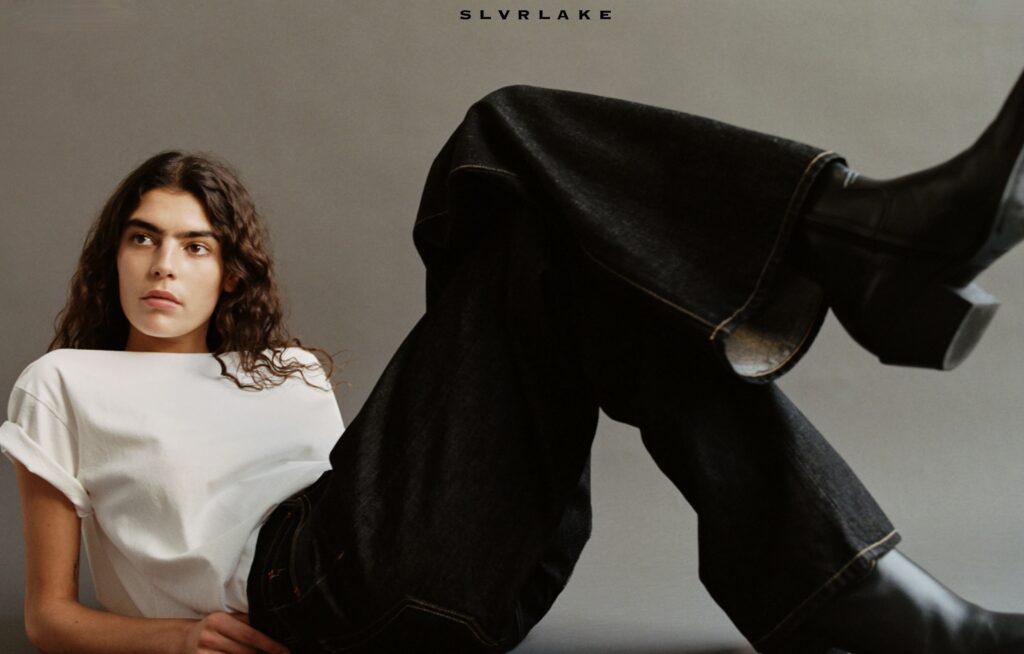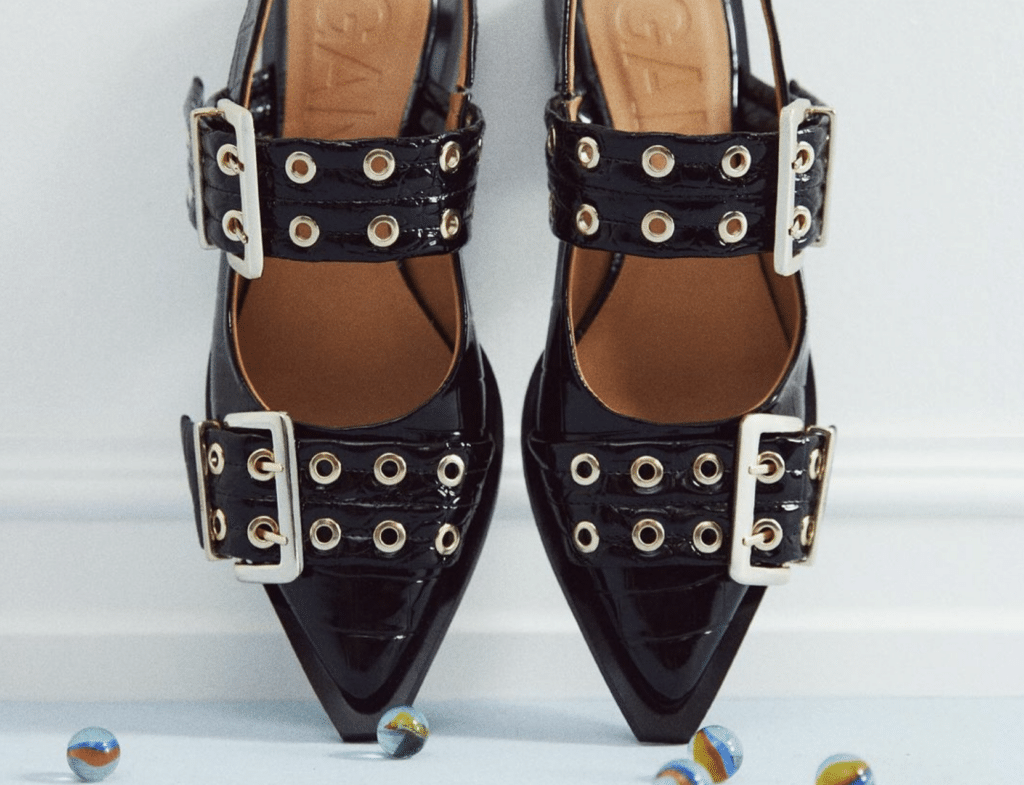THE FASHION LAW EXCLUSIVE — The RealReal has built a business by making claims about the authenticity of its products that it cannot back up. That is one of the central claims in the scathing lawsuit that Chanel filed against the popular luxury consignment site in a New York federal court in November. Now, just days after The RealReal filed its formal response to the suit, which included asking the court to toss out the case, Chanel has amended its complaint, adding some additional assertions to ideally bolster its existing trademark infringement, counterfeiting, and false advertising claims.
Aside from reiterating the claims it made in its initial complaint last year, including that The RealReal (“TRR”) has allegedly piggybacked on Chanel and other luxury brands’ reputations to build a resale business and that it has sold at least a half a dozen counterfeit bags in the process, Chanel has inserted some striking new allegations into the mix. The Paris-based brand places a marked emphasis on the “representations and guarantees” that TRR makes to consumers about its staff’s ability “to properly and fully authenticate real Chanel products (and consequently, detect counterfeit products),” as well as its new practice of allegedly removing serial numbers from the Chanel-branded bags it offers up for sale.
According to Chanel’s amended complaint, which supersedes the one filed in November, at the core of TRR’s advertising is its “team of luxury ‘experts,’” including its Director of Authentication & Brand Compliance, who ensure that “every item [that TRR sells] is 100% authentic,” including all of the Chanel products. This is great, according to Chanel, except that none of TRR’s staff “is, in fact, properly qualified or trained in authentication of Chanel products to support [TRR’s] claims as to the genuineness of the products it resells.”
“While [TRR’s] marketing materials tout the credentials [work experience, and educational training]of its ‘luxury experts,’” none of these individuals “have been trained by Chanel in the ways to properly authenticate a genuine Chanel product,” Chanel declares. The brand steadfastly maintains that “only products purchased directly from Chanel and its authorized retailers can be certain to be” – and thus, be advertised as – “genuine and authentic.”
Chanel’s claims follow from TRR’s assertion in its recent motion to dismiss that the luxury brand’s contention that “no reseller may describe a Chanel product as authentic because ‘[o]nly Chanel itself can know what is genuine Chanel” is “nonsensical” and would make it “impossible for all secondary dealers to do business.”
The brand calls foul in another seemingly direct response to the claims in TRR’s motion to dismiss, in which the popular resale site argued that consumers are unlikely to believe that it is connected with Chanel in any official capacity due to its use of an “express disclaimer of any affiliation with the brands of its products” on its website. Chanel calls foul: “Any disclaimer that [TRR] purports to offer consumers to distance itself from the brands of the products it resells is neither present nor sufficiently conspicuous or likely to be seen by all consumers prior to purchasing from [TRR].”
Chanel elaborates, stating that such a disclaimer “is not sufficient to adequately qualify, contextualize, explain, or negate the representations and guarantees [TRR] makes to consumers regarding the authenticity of the products it resells, the reliability of its authentication process, or any express or implied claims regarding an association with any of such brands.”
Further along in the amended complaint, Chanel takes issue with TRR’s practice of “removing [Chanel] serial numbers from all of its Chanel-branded leather goods product listings,” which it says the company began doing immediately after it was hit with this lawsuit. Such a move “eliminates one means for consumers (and Chanel) to determine [the] authenticity [of the Chanel products] before purchase.”
Chanel argues, “Because removal of such serial numbers is of no benefit to consumers, and could only be done to try and frustrate attempts to determine whether [TRR’s] Chanel-branded goods are counterfeit, such actions were … done in bad faith and done to the detriment both to Chanel and the consuming public, and done as a dishonest means unfairly competing.”
The Karl Lagerfeld-helmed brand goes on to bolster its point by citing “numerous consumer complaints” posted on the Better Business Bureau website “relating to purchases of inauthentic ‘luxury’ goods from [TRR], including instances of non-genuine Chanel-branded products.”
And finally, Chanel – really looking to stick it to TRR – points to the reseller’s practice of describing certain Chanel products as “vintage,” when, “in fact, they are not actual vintage products, and instead, are likely less than 20 years old.” By using the “vintage” term in connection with products that are less than 50 years old, Chanel claims that TRR is “misrepresenting the nature and description of [the] second-hand Chanel-products,” and thereby, giving rise to a claim of false designations of origin, as the Federal Trade Commission defines “vintage collectible” as at least 50 years old.
Chanel asserts that TRR’s conduct on all fronts “is willful and [is] causing immediate and irreparable injury to Chanel, both by holding its employees out as Chanel ‘experts’ and selling counterfeit Chanel-branded goods as genuine Chanel goods authenticated by its Chanel ‘experts,’ diverting consumer purchases of genuine Chanel goods, and by harming Chanel’s goodwill and reputation by virtue of its misleading advertising and marketing efforts.”
As Chanel set forth in its initial complaint, it is pursuing TRR on trademark infringement and counterfeiting, false advertising, and unfair competition grounds, among a number of others, and is seeking monetary damages and injunctive relief, the latter of which would force TRR to immediately and permanently cease the sale of counterfeit goods, and to amend its allegedly misleading advertising in regards to its relationship with Chanel and the expertise of its authentication staff.
A representative for TRR told TFL in November, “The RealReal unequivocally rejects Chanel’s claims. Chanel’s lawsuit is nothing more than a thinly-veiled effort to stop consumers from reselling their authentic used goods, and to prevent customers from buying those goods at discounted prices. They are trying to stop the circular economy. The RealReal stands behind its authenticity guarantee and will continue to provide a safe and reliable platform for consumers to resell luxury items.”
* The case is Chanel, Inc., v. The RealReal, Inc., 1:18-cv-10626-VSB (SDNY).











